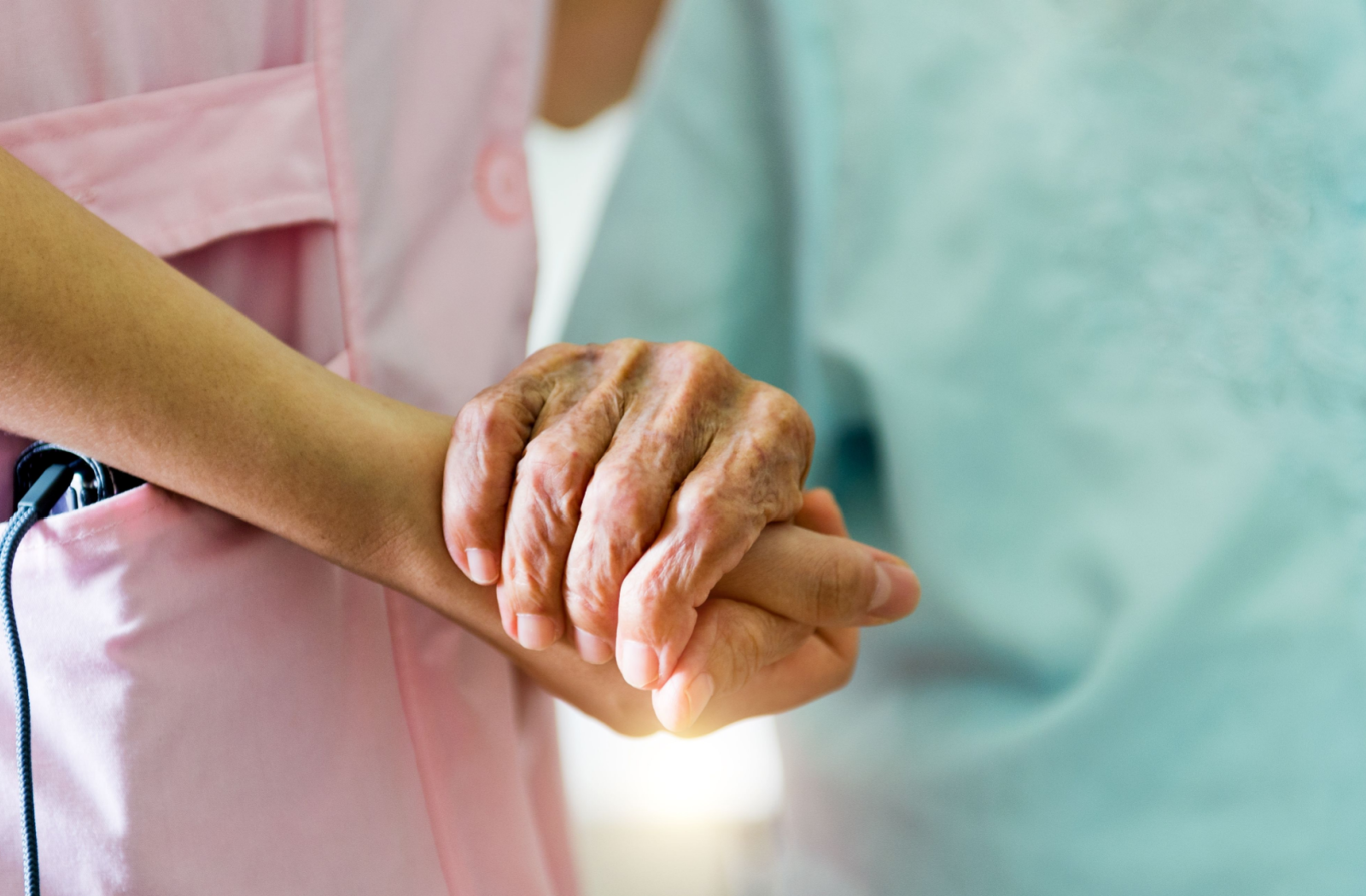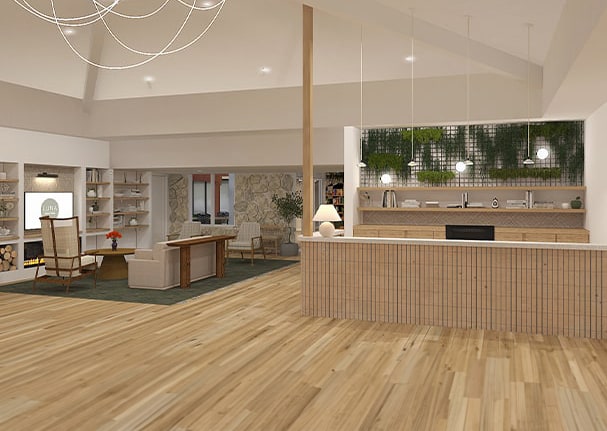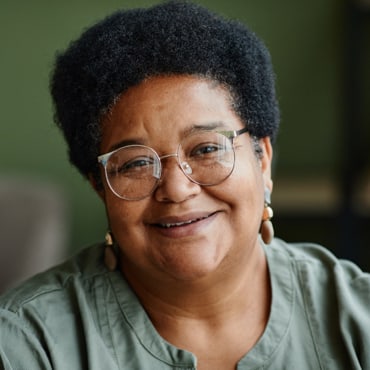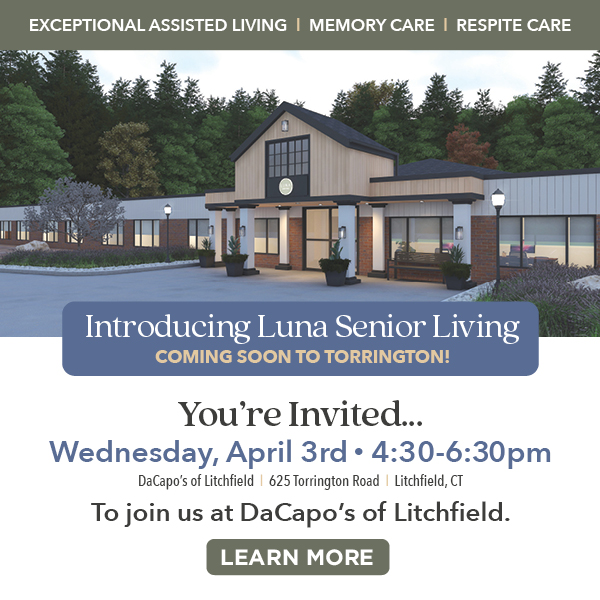Memory loss conditions affect the entire family, not just the individual. Understanding these stages can help caregivers, family members, and healthcare providers better support those living with the condition. Remember, caregivers must look after their own physical and mental well-being, too.
Lewy Body Dementia (LBD) is a complex and progressive neurological disorder that affects an individual’s cognitive, physical, and emotional functions. Typically, affected individuals experience 3 stages of Lewy Body Dementia; early, middle, and late stage.
This blog will outline the stages of LBD, highlighting key symptoms and considerations at each stage.
Understanding Lewy Body Dementia
Lewy Body Dementia (LBD) encompasses 2 related conditions: dementia with Lewy bodies (DLB) and Parkinson’s disease dementia.
In DLB, cognitive symptoms typically appear within a year of mobility-related issues, resembling Alzheimer’s disease initially, but eventually including distinctive LBD symptoms. In contrast, Parkinson’s disease dementia starts with movement problems, such as tremors and muscle stiffness, with cognitive decline usually occurring more than a year later.
Accurate diagnosis of LBD relies on thorough communication with both patients and caregivers. It’s crucial to report all symptoms related to thinking, mobility, sleep, behavior, and mood, as well as any other health issues and a complete list of current medications. Some medications can exacerbate LBD symptoms, so providing comprehensive information helps doctors make a precise diagnosis so your loved one can get the best care possible. Caregivers should feel comfortable discussing symptoms privately with the doctor if needed to ensure all relevant details are conveyed.
Early Stage
The early stage of Lewy Body Dementia is often subtle and can be easily mistaken for other conditions, such as Alzheimer’s disease or Parkinson’s disease. During this stage, individuals may experience mild cognitive and physical changes that gradually become more noticeable.
Key Symptoms
- Cognitive Changes: Mild memory problems, difficulty with problem-solving, and reduced attention span are common. However, memory issues are usually less pronounced than in Alzheimer’s disease.
- Visual Hallucinations: One of the hallmark symptoms of LBD is vivid visual hallucinations, which can occur early in the disease.
- Mobility Issues: Parkinsonian symptoms such as mild tremors, stiffness, and slow movements may begin to appear.
- Sleep Disturbances: REM sleep behavior disorder, characterized by vivid dreams and physically acting out dreams, is often an early sign.
Considerations
Early diagnosis is crucial for planning and managing the disease. If you notice these symptoms, consult a healthcare professional. Supportive therapies like occupational therapy and cognitive exercises can help manage early symptoms.
Middle Stage
As Lewy Body Dementia progresses, symptoms become more pronounced and begin to interfere significantly with daily activities. This stage often presents a mix of cognitive, physical, and psychiatric symptoms that can be challenging for both the individual and their caregivers.
Key Symptoms
- Cognitive Decline: Worsening memory problems, confusion, and difficulty with language and spatial awareness.
- Severe Visual Hallucinations: Hallucinations become more frequent and can be distressing. Individuals may also experience delusions.
- Motor Symptoms: Increased severity of Parkinsonian symptoms, including significant tremors, rigidity, and problems with balance and coordination.
- Autonomic Nervous System Dysfunction: Low blood pressure, dizziness, and bowel/bladder problems can arise.
- Mood & Behavior Changes: Depression, anxiety, and apathy are common. Some individuals may exhibit agitation or aggressive behavior.
Considerations
Safety becomes a primary concern. Modifying the living environment to prevent falls and injuries is important. Medications may be prescribed to manage symptoms, but it’s essential to monitor for side effects, as individuals with LBD are often sensitive to certain drugs. Emotional and social support is crucial, so engaging in activities that the individual enjoys and maintaining a routine can help improve the quality of life.
Late Stage
In the late stage of Lewy Body Dementia, individuals often experience severe cognitive and physical impairment. During this stage, individuals typically have a high level of dependency and require comprehensive care.
Key Symptoms
- Profound Cognitive Impairment: Severe memory loss, inability to recognize familiar people or places, and significant language difficulties.
- Severe Motor Symptoms: Extreme difficulty with movement, often leading to wheelchair use or being bedridden.
- Advanced Autonomic Dysfunction: More pronounced problems with blood pressure regulation, swallowing, and bowel/bladder control.
- Frequent Hallucinations & Delusions: Continued presence of vivid hallucinations and persistent delusions.
Considerations
Full-time care is usually required, which can be a huge ask of family members. This may involve professional caregivers or moving to a specialized care community. Focus on comfort and quality of life. Palliative care options may need to be considered to manage symptoms and provide relief, so it’s important to discuss these options with your loved one’s healthcare provider. Emotional support for caregivers is also essential. Caring for someone in the late stages of LBD can be emotionally draining and a strong support system will help ease some grief.
Managing Lewy Body Dementia at Luna Senior Living
At Luna Senior Living, we are committed to providing compassionate and comprehensive care for residents with Lewy Body Dementia. Our approach is centered around understanding the unique needs of each individual and offering tailored support through every stage of the disease.
Early Stage Support
- Personalized Care Plans: We work closely with residents and their families to develop care plans that address early symptoms and promote cognitive and physical health.
- Therapeutic Activities: Engaging activities and therapies designed to stimulate the mind and body, helping to slow the progression of symptoms.
Middle Stage Support
- Safety & Comfort: Our living spaces are designed to be safe and comfortable, reducing the risk of falls and other accidents.
- Medication Management: Our healthcare team closely monitors medications to ensure they are effective and to minimize side effects.
- Emotional & Social Engagement: We offer a variety of programs to keep residents socially and emotionally engaged, reducing feelings of isolation and depression.
Late Stage Support
- Comprehensive Care: Our dedicated staff provides round-the-clock care, ensuring residents’ needs are met with dignity and respect.
Conclusion
Understanding the stages of Lewy Body Dementia can help families and caregivers provide the best possible care and support for their loved ones. By staying informed and proactive, we can enhance the quality of life for those affected by this complex condition.
If you have any questions or need support, please do not hesitate to reach out to our team at Luna Senior Living. We are here to help you and your loved ones every step of the way.




















